11 really good reasons why your country should have a monarchy
Transparency International's corruption perceptions index puts 7 monarchies inside the top 10 countries for their absence of corruption: Denmark, New Zealand, Sweden, Norway, the Netherlands, Luxembourg and Canada are all among the very best.

Tyler Rolance, staff editor at human rights-advocating NGO Freedom House, says that "even if modern constitutional monarchies are not a cause of democratic practices, they do seem to be a result of high-performing democratic political cultures characterised by legal continuity, compromise, self-limitation, suspicion of radicalism, and regular, moderate adjustments and policy corrections."
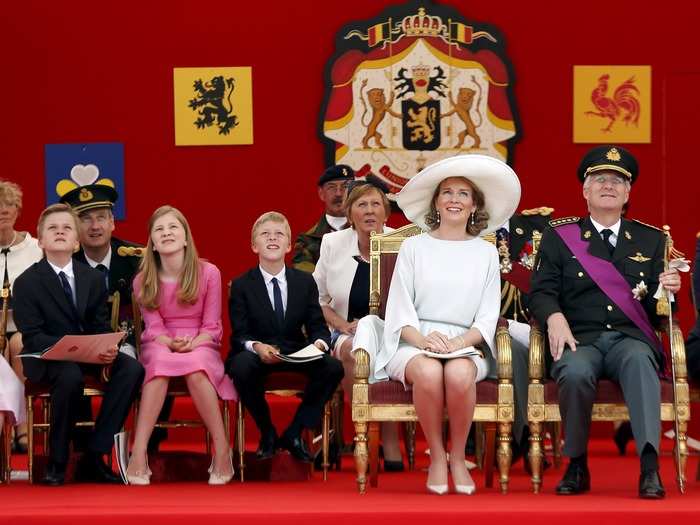
Andreas Bergh and Christian Bjørnskov find that social trust is higher in monarchies. Social trust is an important factor in sociology and economics, and generally correlates with lower crime and lower corruption, among other things.
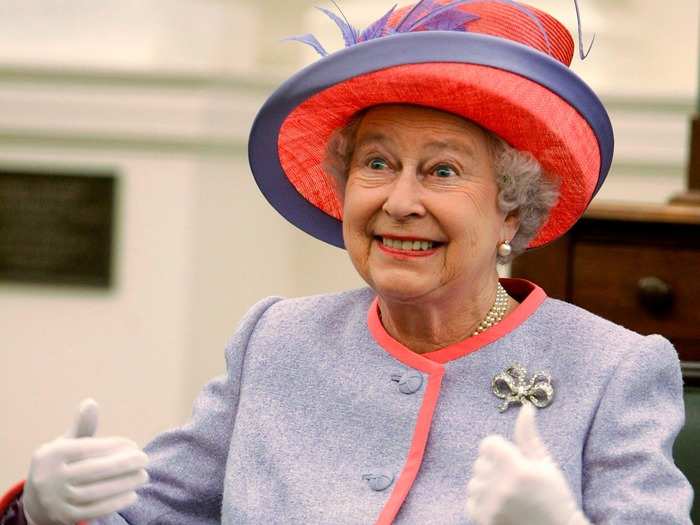
Other studies have suggested that monarchical states seem to promote cohesion. A study by Sascha Becker and others shows higher trust and less corruption inside the borders of the old Habsburg empire than among the people who live just outside the empire's historical borders.
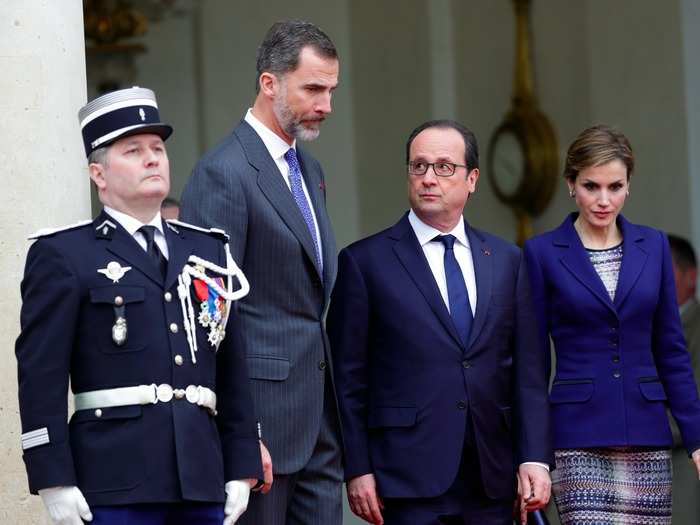
Bjørnskov and Peter Kurrild-Klitgaard also argued that the "valley of tears," a period of stagnation after institutional reforms, is less prevalent in monarchies. They conclude that in the data they assess "this valley does not appear in monarchies. In fact, if anything it has the opposite effect."
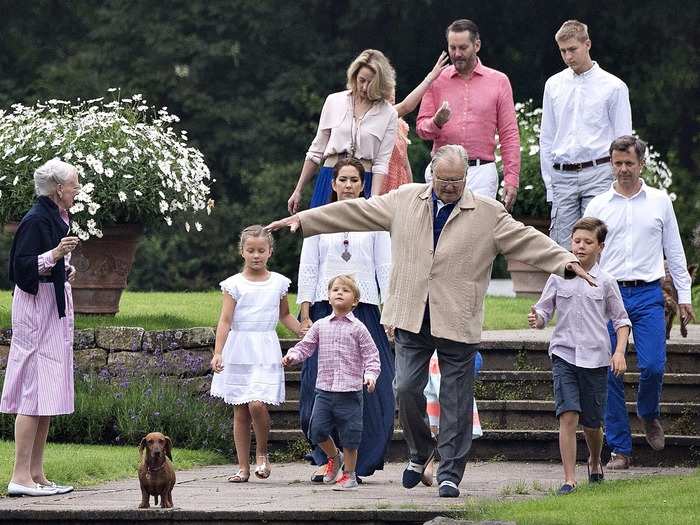
According to political scientist Victor Menaldo, in the Middle East from 1950 to 2006, monarchies offered much more stability than other forms of government: "Not only are monarchies far less likely than republics to suffer from political instability, but monarchical rulers are more likely to survive in office."
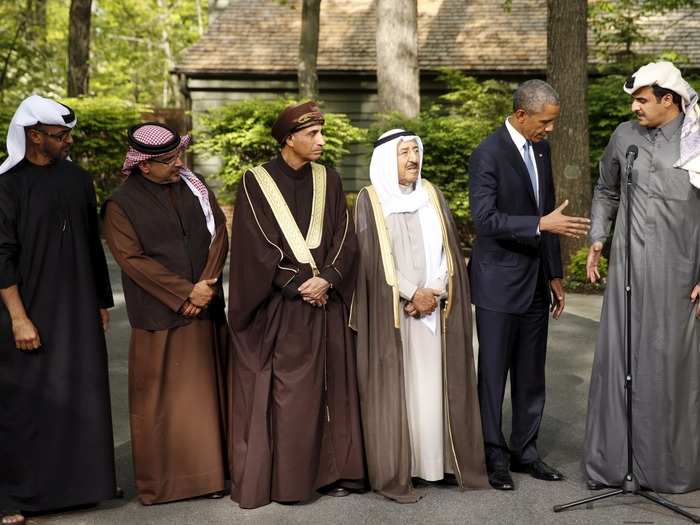
Former Bank of England rate-setter Tim Besley wrote a working paper earlier in the year suggesting that "in a country with weak executive constraints, going from a non-hereditary leader to an hereditary leader, increases the annual average economic growth of the country by 1.03 percentage points per year." That's a lot!
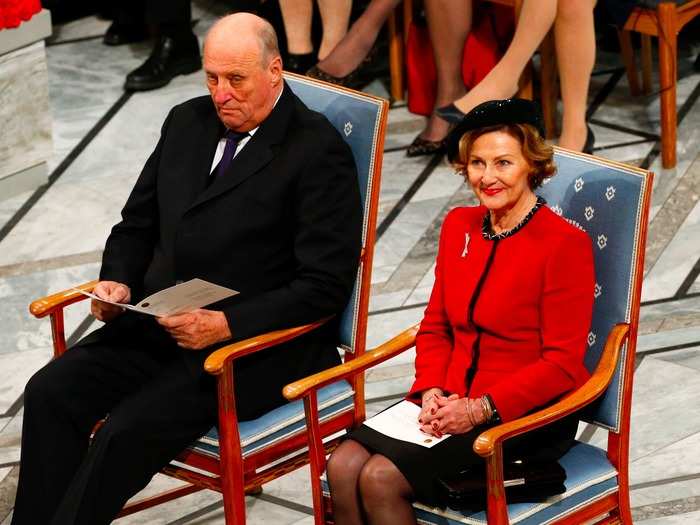
Harvard historian Eric Nelson recently argued in his book "The Royalist Revolution" that many of the American founding fathers of the late 18th century were rebelling against parliament, not the crown, describing the revolutionary war as "an insurrection in favor of royal power."

Oxford University's Petra Schleiter and Kent's Edward Morgan-Jones suggest that governments under constitutional monarchies are more likely to consult their people with early elections, in comparison to both appointed and directly elected presidents.
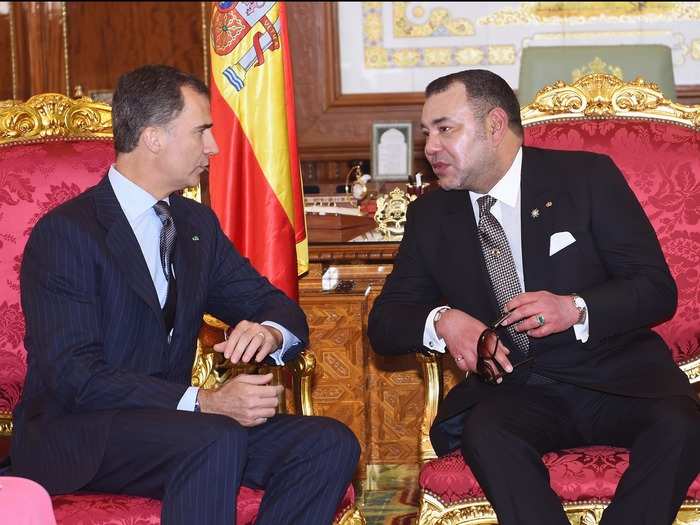
And monarchies also rank pretty well in terms of their economic framework. In the World Bank's ease of doing business index, five of the top ten countries have a monarch. New Zealand, Denmark, Norway, the UK and Australia make the cut.
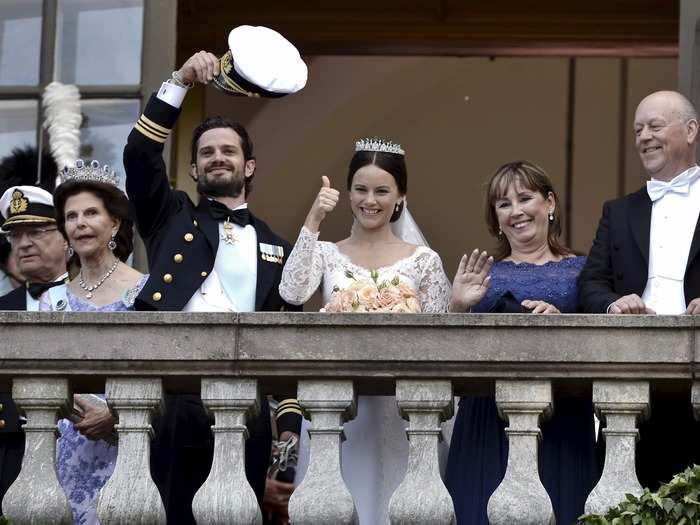
Impromptu public holidays. This one's a little more frivolous, but if you live in a monarchy, it's worth keeping an eye on the love lives of any young royals, if only because it can spark a cheeky public holiday if they decide to get married. You don't get a day off when the President's son gets married.
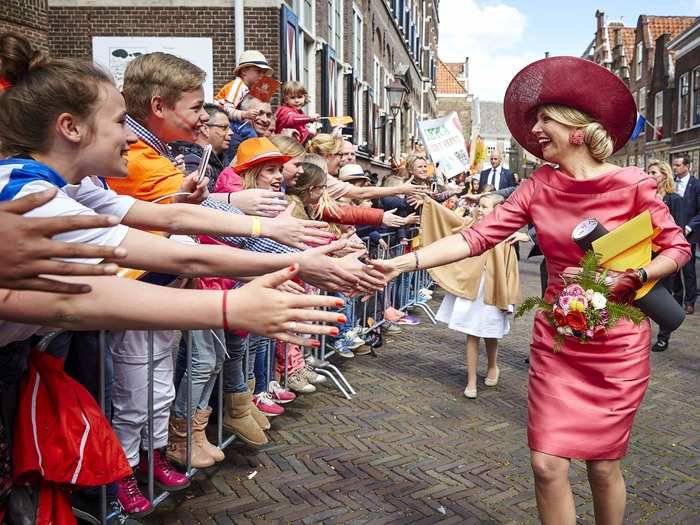
Popular Right Now
Advertisement